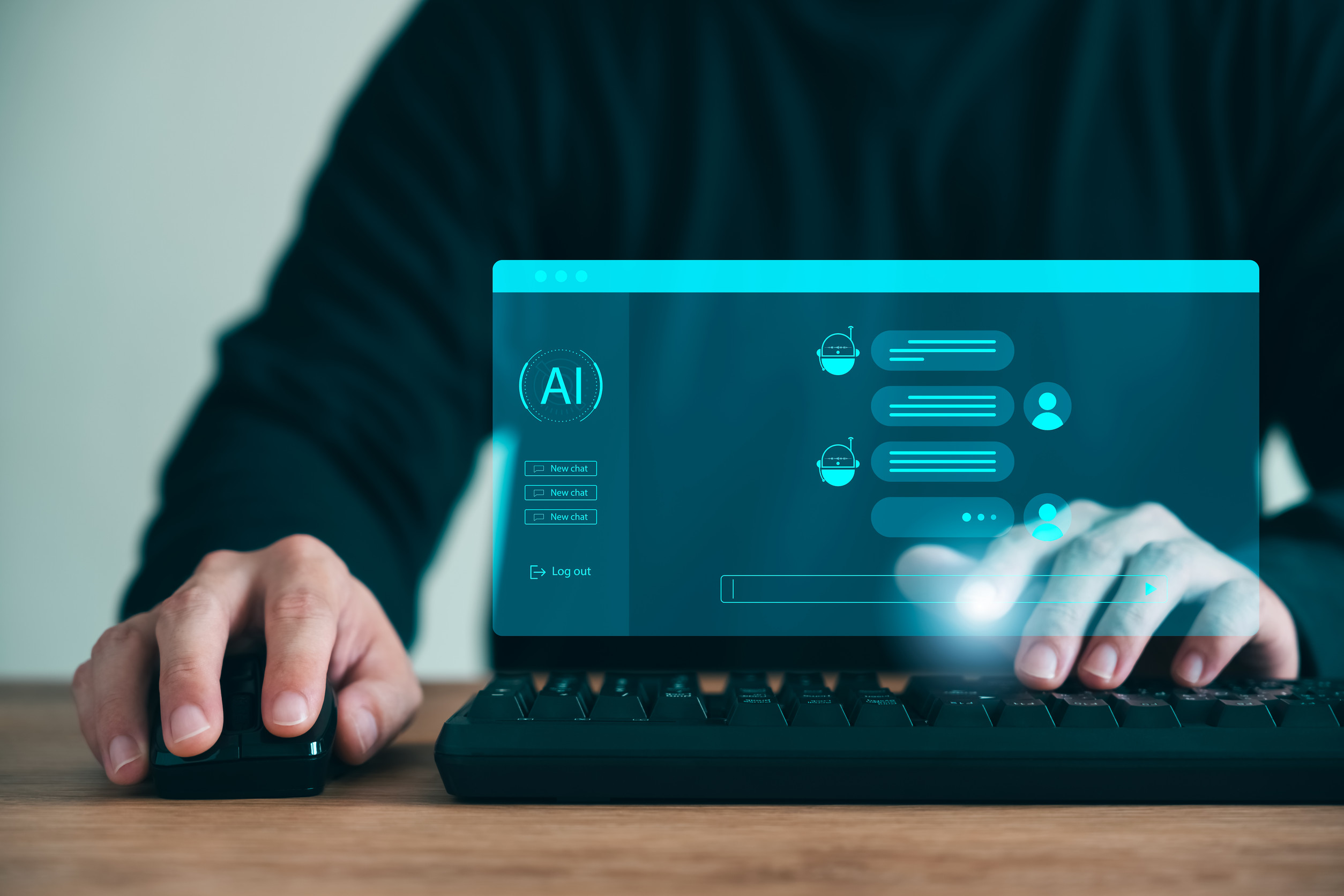Should HR pros fear layoffs? Three tech CEOs debate AI’s impact on jobs
- HRM Asia Newsroom

As news of AI-driven layoffs ripples through industries, HR leaders face a unique challenge: guiding organisations through workforce automation while confronting that the technology could threaten their own department’s traditional roles.
Recent examples like IBM’s replacement of HR professionals with AI agents highlight this growing tension, where those tasked with managing workforce transformation must simultaneously navigate their own professional disruption.
IBM is using AI—particularly AI agents—to take on work previously done by “a few hundred HR employees,” CEO Arvind Krishna has said, according to a report in The Wall Street Journal earlier this month.
“While we have done a huge amount of work inside IBM on leveraging AI and automation on certain enterprise workflows, our total employment has actually gone up, because what it does is it gives you more investment to put into other areas,” Krishna told the publication.
Though he did not reveal when these shifts occurred, Krishna added that the organisation has increased hiring in other areas, such as programming and sales. Meanwhile, IBM is rolling out tools for businesses to create and run their own AI agents, expanding on similar tech industry offerings.
How many jobs are AI tools putting at risk?
Is this move indicative of future layoffs in the HR department and beyond? According to SHRM, 12.6% of current US job—about 19.2 million positions—are at high or very high risk of being displaced by automation. Some experts say the uprooting of jobs by AI agents is one of the most pressing issues for HR leaders today, a topic further triggered by concerns that employees within their own departments could be the target of AI-motivated layoffs.
Because AI agents are not limited to any field of expertise, they have potential at many points along workflows, job architectures and the traditional employee lifecycle. Within the HR function, vendors are rolling out AI agents that can automate payroll tasks, interview candidates, manage onboarding and more.
“AI respects no boundaries,” said Meghna Punhani, Chief People Officer at Eightfold, at the organisation’s 2025 Cultivate Talent Summit.
She added that the capabilities of AI agents have allowed some organisations to grow based on AI rather than human headcount.
Tech leaders’ perspectives on job transformation
At the summit, three tech CEOs joined Punhani to share their insights on AI’s impact on the workforce. The discussion centred on whether organisations are directly replacing people with AI or are developing different workforce skills to address needs that AI cannot fulfill.
Munish Gandhi, Co-Founder and CEO of Satisfy, an AI-native customer intelligence platform, offered a broad timeline, predicting that various job functions will continue to change over the next five years.
READ MORE: Five forces radically transforming HR—and why it all comes back to AI
Srinath Sridhar, Co-Founder and CEO of sales engagement platform Regie.ai, built on this idea and identified specific industries, including transportation, engineering and the military, that could be vulnerable to layoffs. However, Sridhar said, while laying off employees in favour of AI might be possible, some leaders have not stated a commitment to do so, particularly in the US military, noting: “Automation so far is hitting repetitive tasks…[However], I think there are lots of jobs that will be impacted.”
Amit Aggarwal, Founder and CEO of data intelligence platform Datairis, had a slightly different view, emphasising the untapped workforce potential that AI and AI agents will open up: “The bigger opportunity is doing the things we don’t have the resources to do today, such as spreading insights.”
Just because AI can perform a task does not mean organisations will choose to put agents in charge of all or even part of the job. While projecting that AI could handle 90% of certain roles within five years, Aggarwal questioned whether this would necessarily prompt layoffs, asking: “Does that mean we will need fewer people? I’m not sure.”
Shifting from specialisation to generalisation
Aggarwal also wondered: Will AI displace people or restructure roles and workflows?
In a recent blog post, analyst Josh Bersin predicted a 20-30% or greater reduction in HR headcount in the lanes of learning and development and HR business partners. “And that means these individuals may wind up managing the AI platforms, moving into roles as change consultants (which AI still can’t do) or move into areas like organisational design, learning architect and data management,” Bersin wrote.
When discussing skills replacement rather than eliminating entire job functions, the speakers raised strategic considerations for HR. That could include a fundamental shift away from specialisation.
“Many areas are getting compressed as AI brings the specialisation,” Aggarwal said, addressing a transformation that is expanding from tech sectors to other industries.
That means HR leaders must start preparing employees for more generalist roles.
“HR has a very, very big role to play,” Aggarwal emphasised. This expanded responsibility encompasses building trust around human-AI accountability, developing effective training programmes and establishing appropriate cultural norms.
His conclusion underscored HR’s central position in this transformation: “Culture change needs to come from HR teams.”
About the Author: Jill Barth is HR Tech Editor of HR Executive, where this article was first published.






